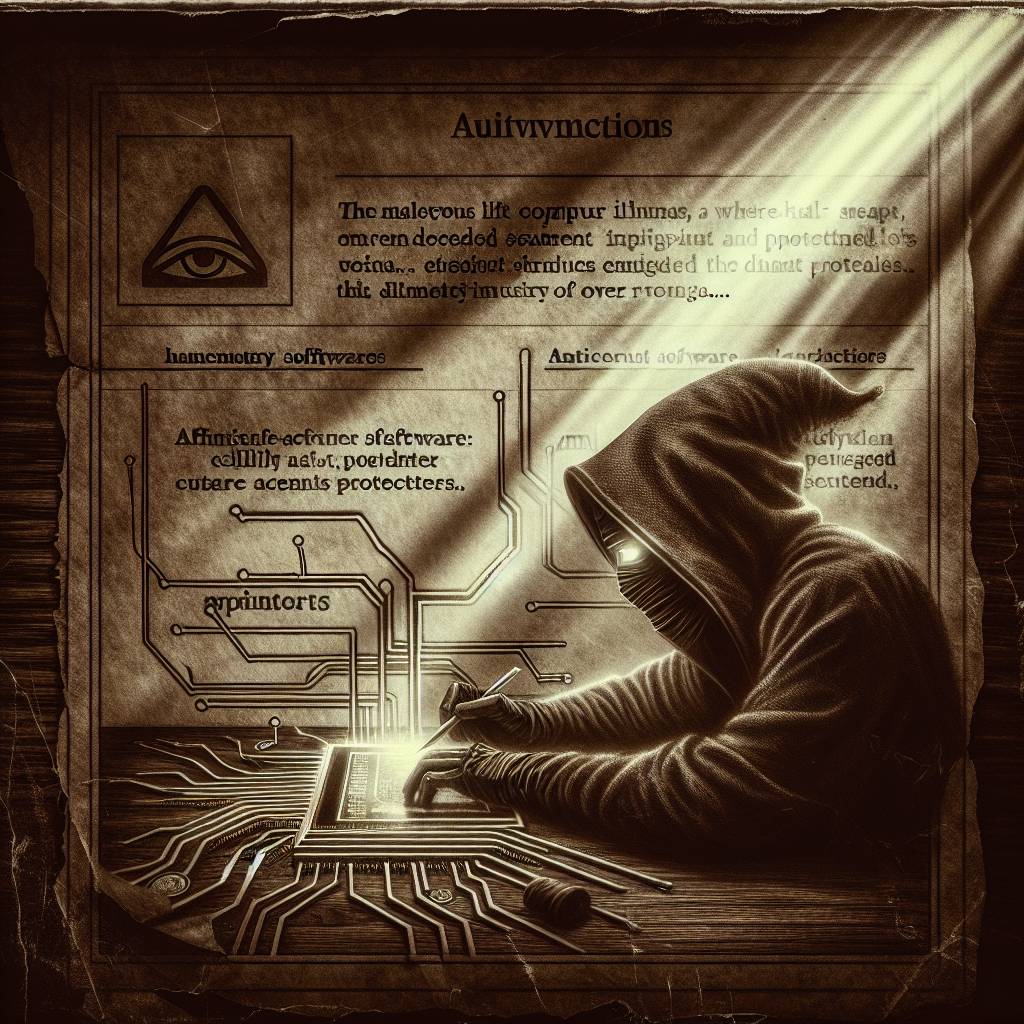Plague Alert: Stealthy Linux Malware Sneaks Past Detection for Over a Year!
Plague, a cunning Linux malware, has eluded detection for over a year, granting attackers ghostly SSH access and bypassing authentication. This malicious Pluggable Authentication Module (PAM) uses obfuscation and environment tampering to keep traditional security tools in the dark, while scrubbing its tracks so thoroughly, you’d think it’s auditioning for a role in a spy thriller.

Hot Take:
The “Plague” has struck again, and this time it’s not the bubonic variety but a digital scourge that’s been lurking in the shadows of our Linux systems like a sneaky cat burglar. Who knew that PAM, our trusty authentication sidekick, could be turned against us? It’s time to lock your doors, hide your SSH, and maybe even invest in some cybersecurity garlic to keep these cyber vampires at bay. The world of Linux just got a little more terrifying and a whole lot more interesting!
Key Points:
- A newly discovered Linux malware called “Plague” has been evading detection for over a year.
- It’s a malicious Pluggable Authentication Module (PAM) that allows persistent SSH access and authentication bypass.
- Features include anti-debugging capabilities, string obfuscation, and hardcoded passwords.
- The malware scrubs evidence of SSH sessions, leaving almost no forensic traces.
- Despite multiple uploads to VirusTotal, antivirus engines have yet to flag it as malicious.
